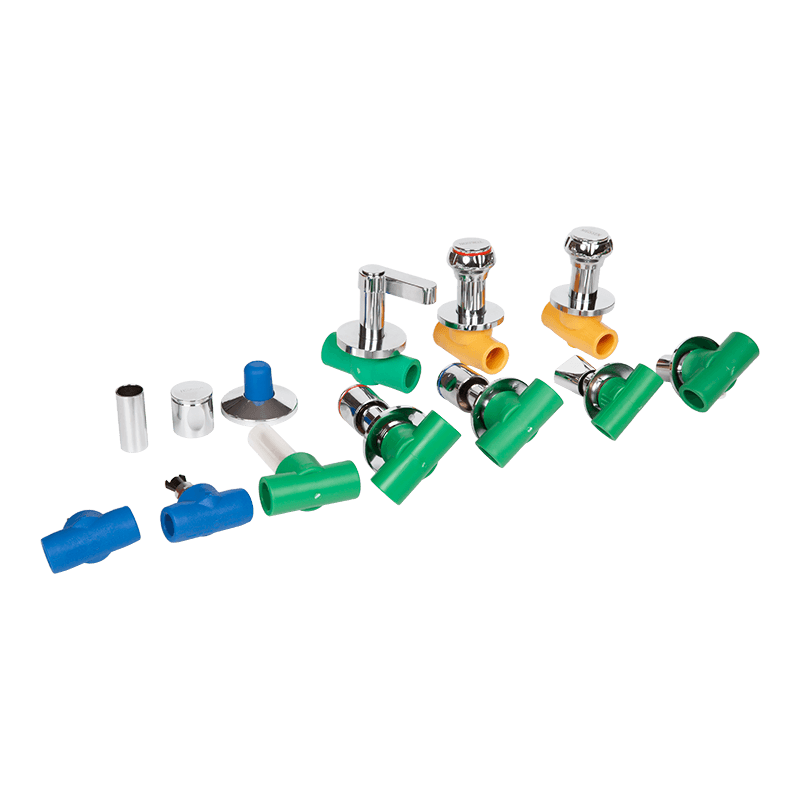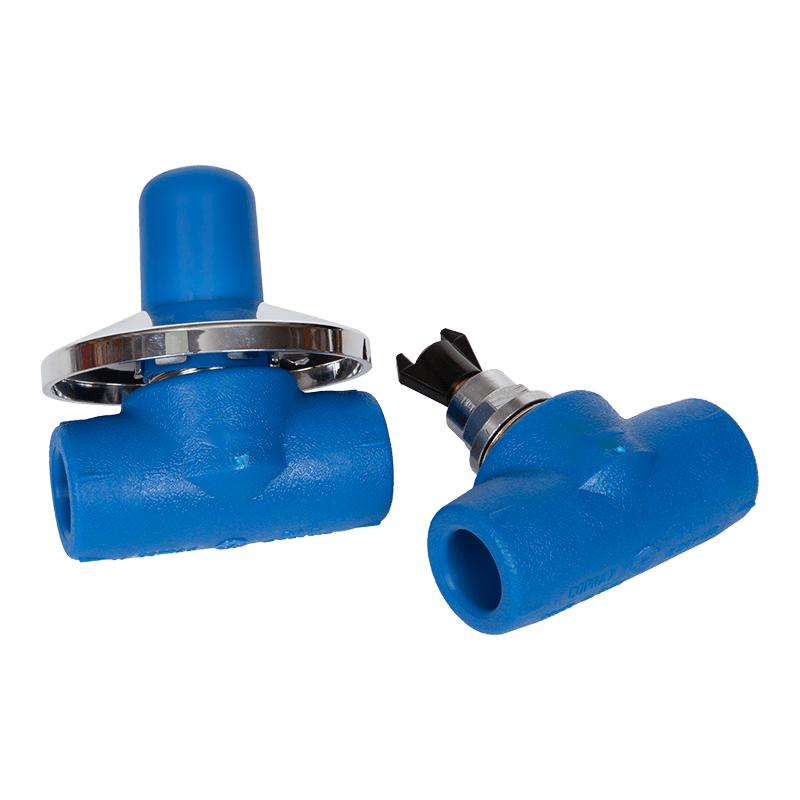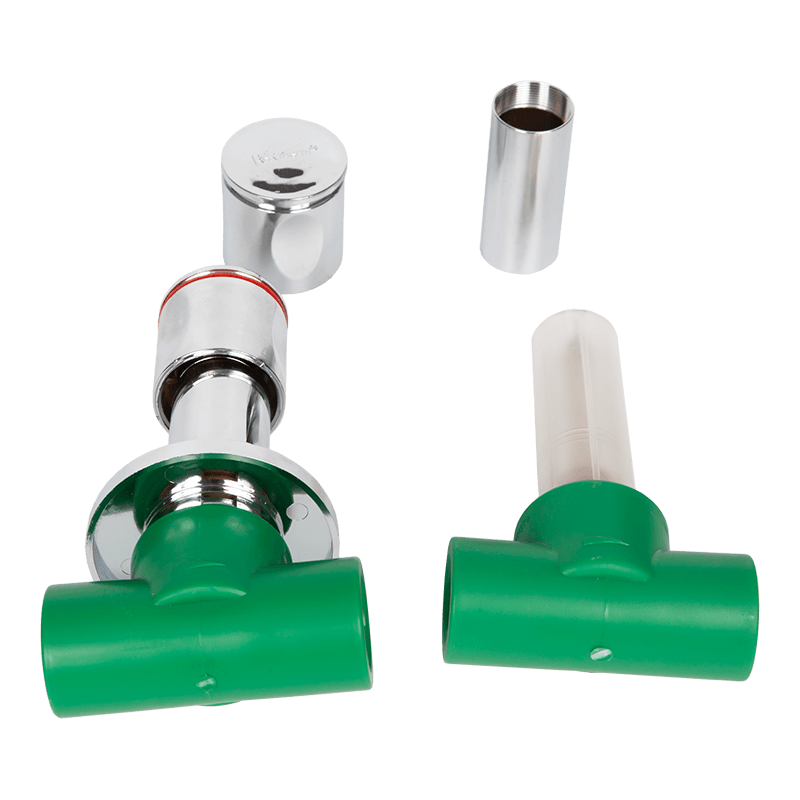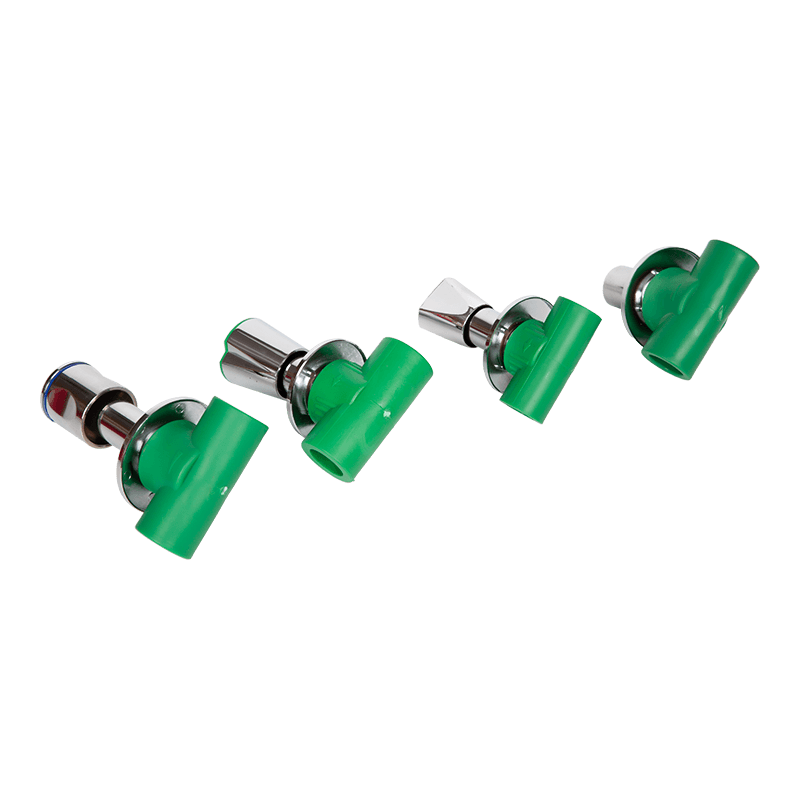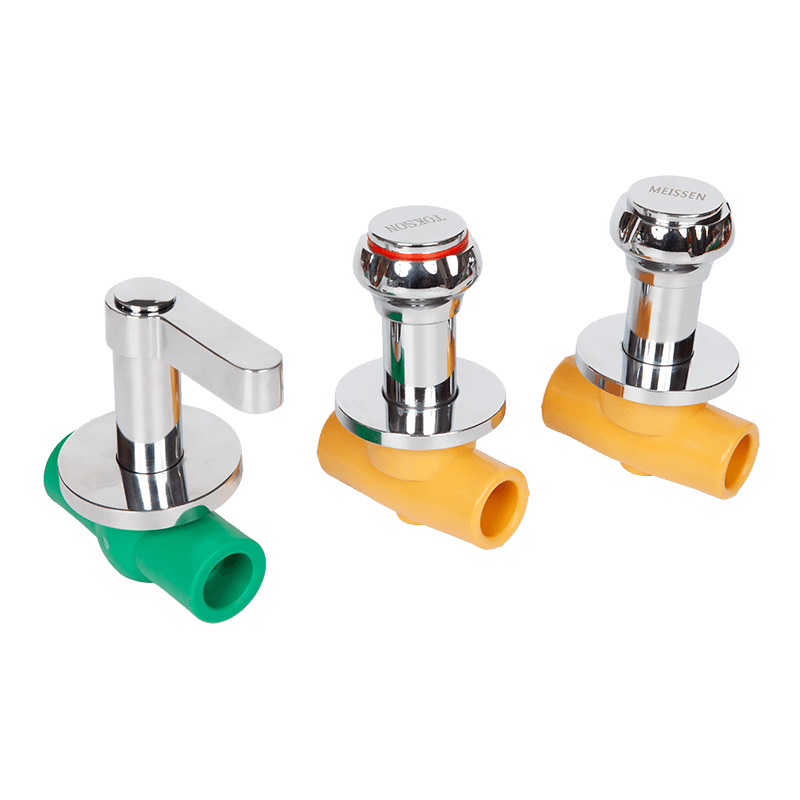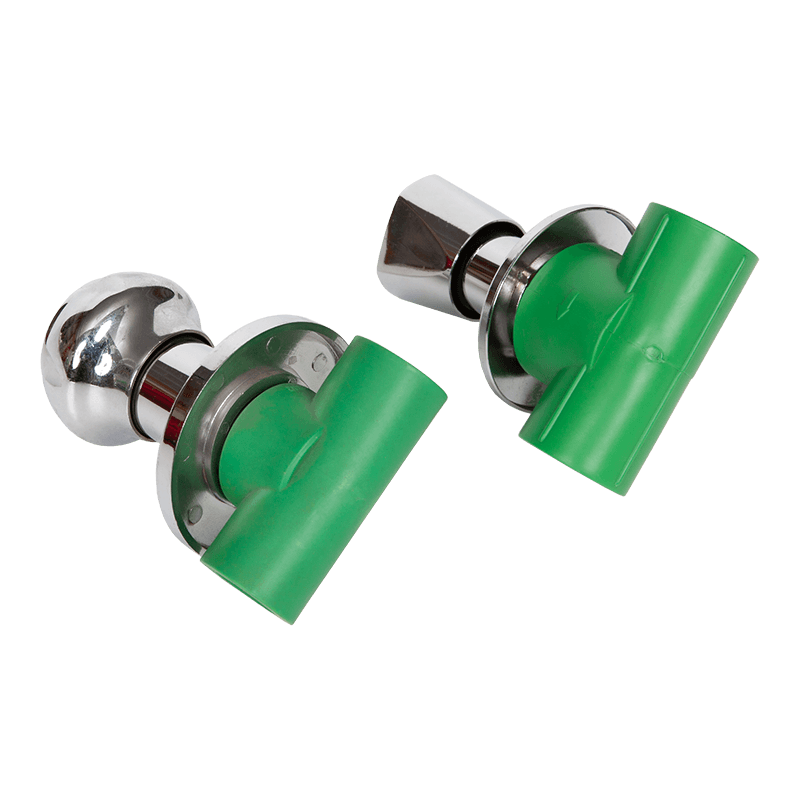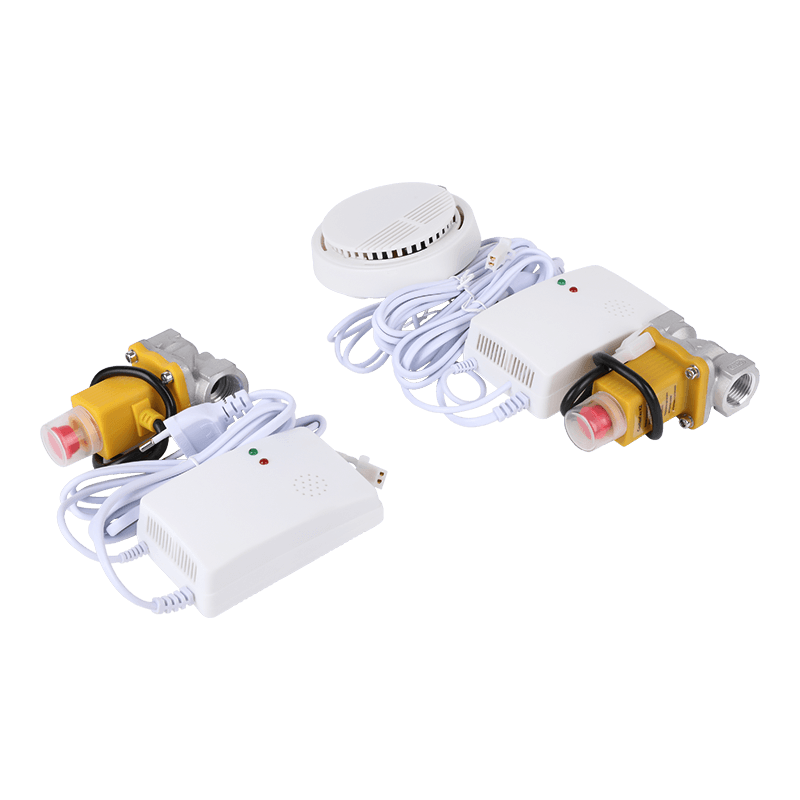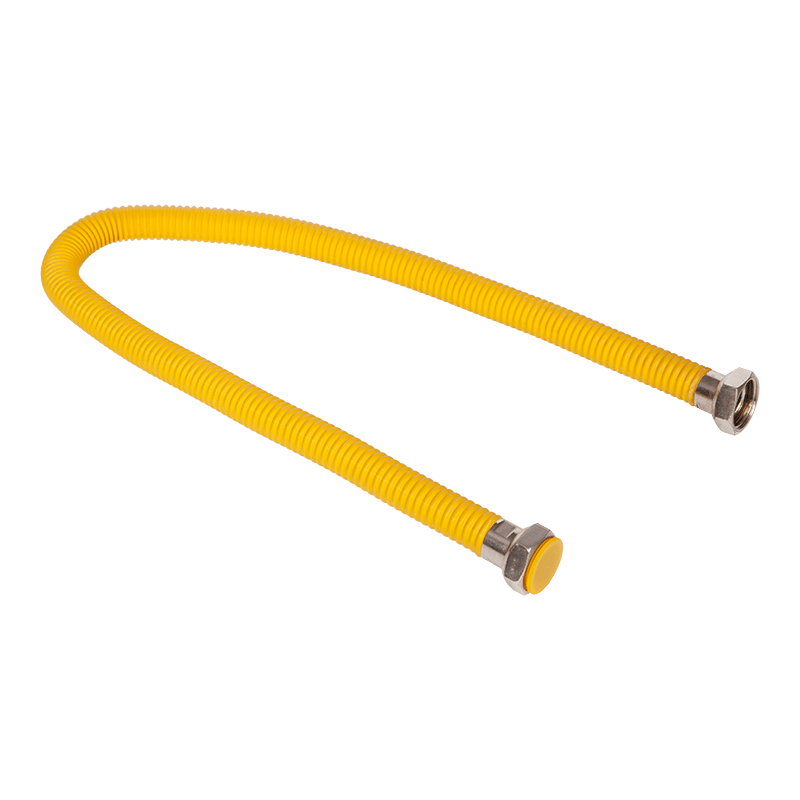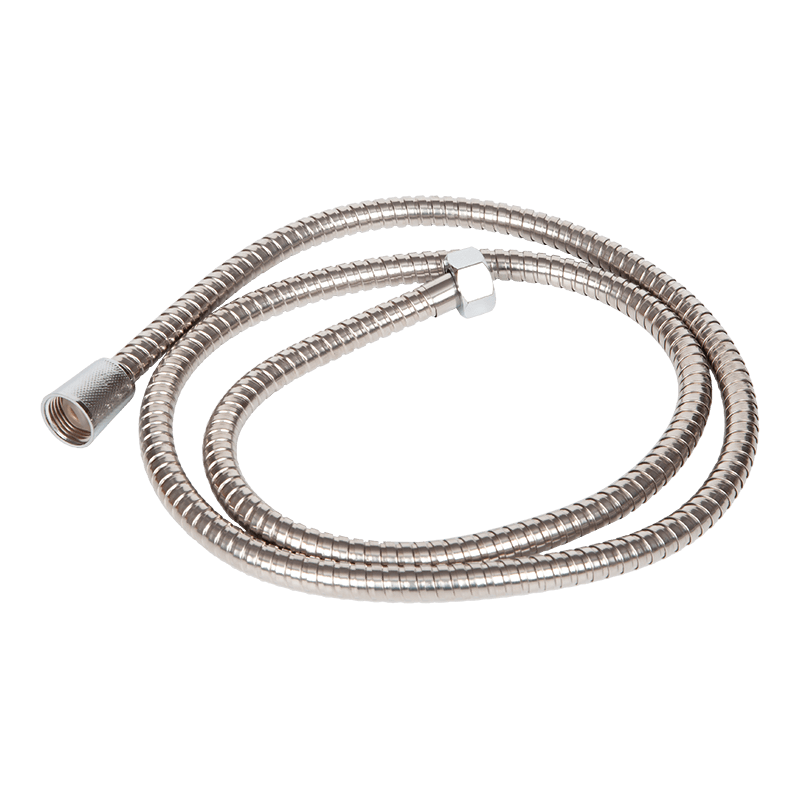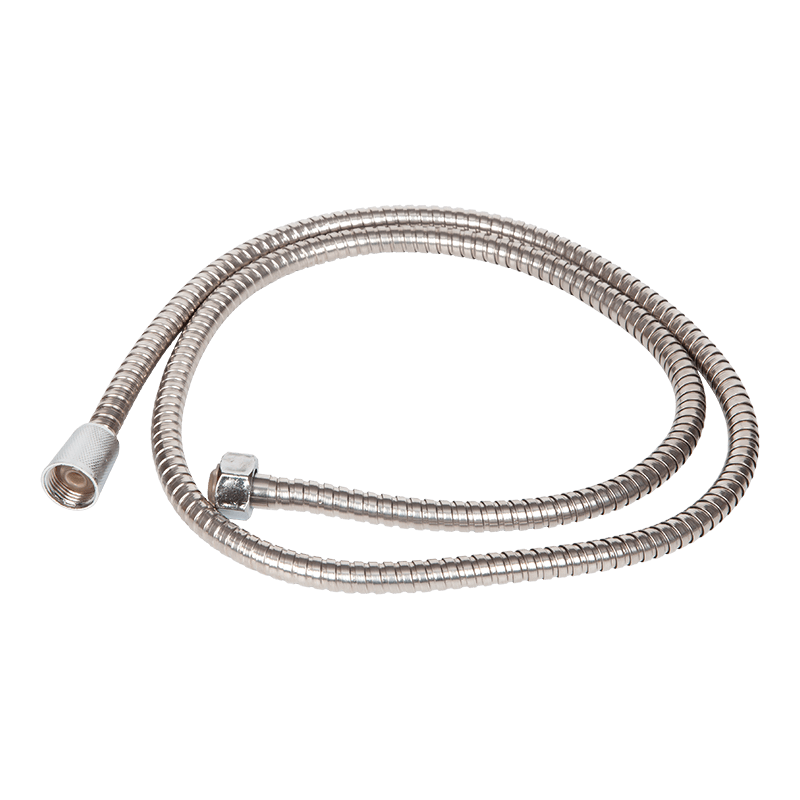With the acceleration of industrialization, various pipeline facilities are being used more and more widely. In these facilities, ball valves, as a common control device, are widely used for flow regulation and cut-off control of fluids such as water, gas, and oil. PPR ball valves, as an important component in modern pipeline systems, have been widely used in many fields due to their unique material and performance advantages.
The main material of PPR ball valves is polypropylene, a plastic with good chemical stability. Compared with metal materials, polypropylene has stronger corrosion resistance, especially in terms of acid and alkali resistance. In some highly corrosive environments, metal ball valves are often corroded by chemical media, resulting in surface oxidation and corrosion, which affects their service life and performance. PPR ball valves, with their superior chemical resistance, can effectively avoid this situation. Whether under the action of acidic solutions, alkaline liquids or some other chemical media, PPR ball valves can maintain good stability and durability.
For industrial and domestic water supply systems, water cleanliness and pipeline corrosion resistance are essential. PPR ball valves are particularly widely used in water treatment and water supply pipelines because they can effectively avoid rust and corrosive substances produced by metal valves after long-term use in water. These substances not only affect water quality, but may also pose a threat to human health. The application of PPR ball valves in water supply systems not only ensures the smooth flow of water, but also greatly improves the safety of water quality.
In addition to corrosion resistance, PPR ball valves also have certain advantages in high temperature resistance. Although the high temperature resistance of PPR materials cannot be compared with that of metal materials, PPR ball valves show good stability in medium temperature application environments. For some industrial applications with room temperature to medium and high temperatures, PPR ball valves can withstand higher temperatures without deformation or softening. Especially in heating systems, PPR ball valves can effectively resist the impact of hot water flowing in pipes on valve materials and maintain long-term stable use of valves.
The high temperature resistance of PPR ball valves is not unlimited. In some high temperature environments, PPR materials may face problems of thermal expansion or strength loss. Therefore, when using PPR ball valves, their scope of application must be reasonably selected according to the specific working environment. In high-temperature liquid or gas pipelines, it may be necessary to consider using materials with higher temperature resistance, such as metal or reinforced plastic.
The corrosion resistance and high temperature resistance of PPR ball valves make it widely used in many fields such as chemical industry, water supply, heating, etc. Especially in some special environments, the advantages of PPR ball valves are more prominent. For example, in highly corrosive chemical medium pipelines, PPR ball valves can effectively avoid leakage problems caused by long-term corrosion of metal ball valves, ensuring the safe and stable operation of the pipeline system. At the same time, PPR ball valves also have good mechanical strength and impact resistance, can withstand greater pressure and impact force, and ensure that they are not easily damaged during long-term use.
- Home
- About Us
- Product
- PPR Concealed Valve
- Stainless Steel Shower Pipe
- Pressure Tank
- Radiators
- Brass ball valves
- Underfloor Heating Water Manifold
- PPR Water Pipe
- Thermostatic Radiator Valves
- PPR Pipe Union
- Water Pressure Relief Valves
- PPR Pipe Cutter
- Shut Off Valve
- Plumbing Quick Connect Fittings
- Blue Plastic Valve
- PPR Pipe Fittings
- PPR Ball Valves
- Corrugated Pipe
- PPR Heating Machine
- Hot Water Circulation Pumps
- Plastic Fittings
- Iron Clip
- Brass Fittings
- Annunciator
- Alumimum Plastic Composite Pipe
- Floor Heating Pipe
- FAQ
- News
- Contact Us

 LANGUAGE
LANGUAGE  English
English русский
русский 中文简体
中文简体